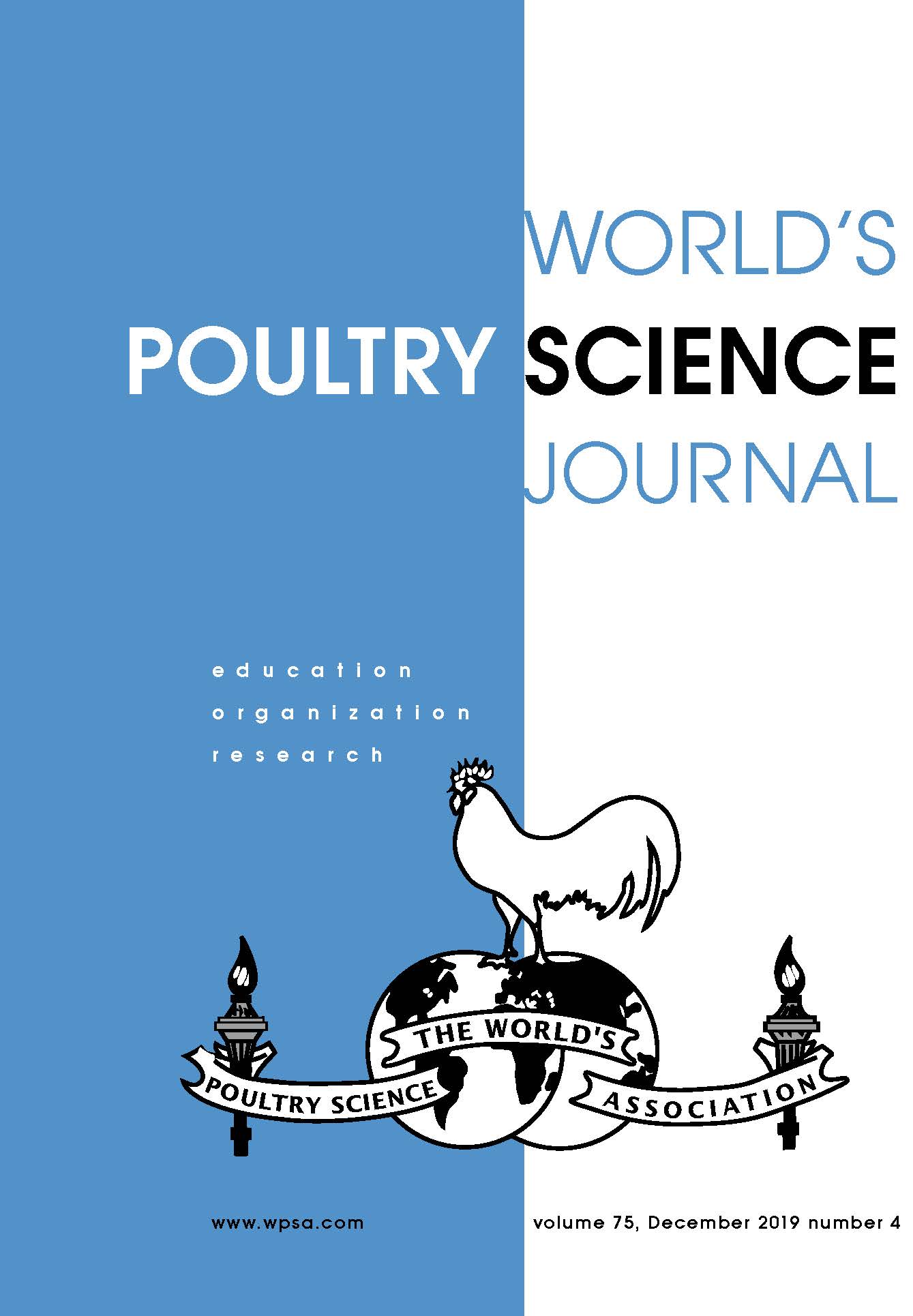Article contents
Poultry production in Algeria: current situation and future prospects
Published online by Cambridge University Press: 05 September 2013
Abstract
The Algerian poultry industry produces annually on average 340,000 tons of whitemeat and more than 4.8 billion eggs. The industry consists of 20,000 farmersemploying about 500,000 people. Most feed and other inputs are imported andcorrespond to 80% of 2,500,000 tons of feed (which is typically based on cornand soybean meal), three million breeder birds, veterinary products andequipment. The current structure of the Algerian poultry industry is derivedfrom government development policies initiated in the 1980's. Currently the highdependence on external markets for feed materials remains the main limitingfactor in the development of the Algerian poultry, especially for corn andsoybean meal which represent over 75% of the content of poultry feed.Difficulties encountered by producers, particularly in terms of supply,increased expenses, disengagement of the State and problems in commercialisationof their products, has caused many skilled farmers to leave the poultryindustry, creating a net loss in experience within the sector. In addition, theindustry is also going through a period of modernisation and adaptation of thissector to meet the new world standards, including imminent integration ofAlgeria to the World Trade Organization (WTO) and partnership with the EuropeanUnion, which involves free movement of goods, resulting in more competition andrequires more integration with different partners (professional organisations,inter-professional associations) and various state structures and competentauthorities (industry, agriculture and trade) with the establishment of aninstitutional framework for the development, implementation and monitoring ofdevelopment policies in the poultry meat and egg sector.
- Type
- Review Article
- Information
- Copyright
- Copyright © World's Poultry Science Association 2013
References
- 9
- Cited by


